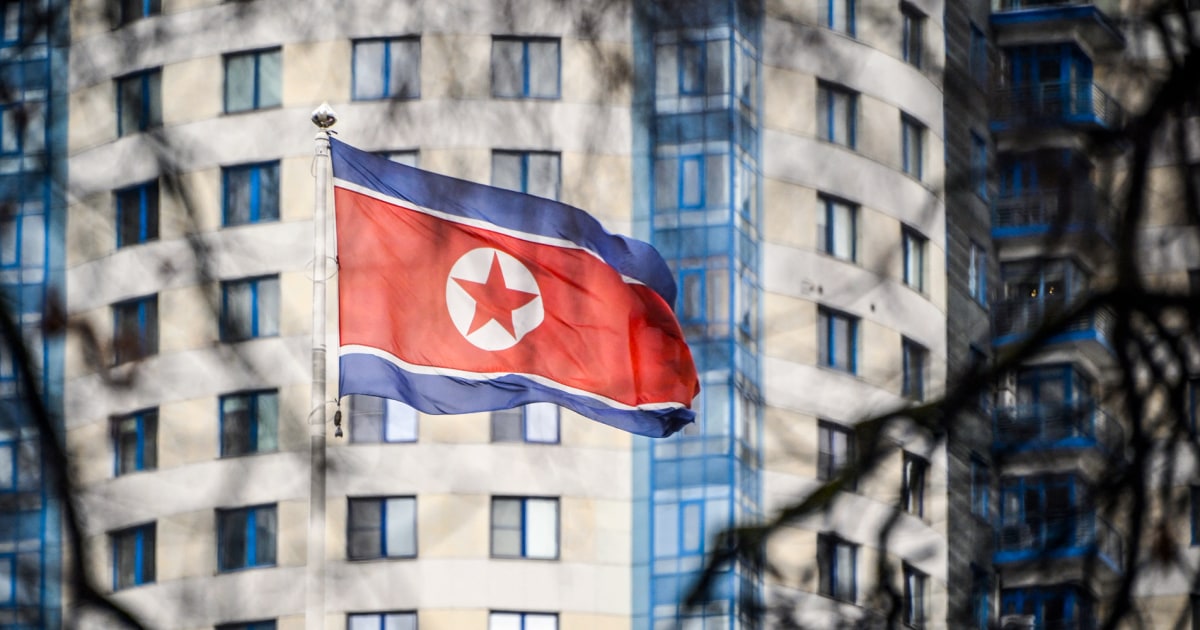**
North Korea's Crypto Heists: A $2.02 Billion Record Breaker
**A new report from blockchain watchdog Chainalysis has revealed that North Korea's cryptocurrency hacking operation has shattered its own record for the second consecutive year, stealing a staggering $2.02 billion in 2025.
The findings, published on Thursday, indicate that the country's total stolen crypto now stands at around $6.75 billion, surpassing its previous record of $1.3 billion set in 2024. The global total for stolen cryptocurrency has also risen to $3.4 billion.
A significant portion of North Korea's haul comes from the hack of Dubai-based exchange Bybit, which saw $1.5 billion stolen, mostly in ethereum, in February this year. The hackers, linked to North Korea's elite government hacking squad by the U.S. Secret Service, exploited a vulnerability to gain access to Bybit's systems.
Chainalysis, one of the leading companies tracking cryptocurrency transactions, has been monitoring North Korea's activities for some time and has identified a trend where its hackers fraudulently obtain remote technical jobs with international companies. This gives them an opportunity to steal cryptocurrency keys and wire funds directly to Pyongyang.
The report highlights the challenges in combating North Korea's cybercrime operations, which are often linked to funding the country's nuclear weapons and missile programs. According to Matt Pearl, director of the Strategic Technologies Program at the Center for Strategic and International Studies:
"It's very difficult to stop because there's an asymmetry where they're in general so cut off from the world and such a rogue state."
While other countries have also been accused of cybercrime, none have been linked to operations on this scale. The U.S. Secret Service has previously connected Chinese government hackers to an operation that stole U.S. Covid relief benefits, while the U.S. and U.K. governments have accused Russian cybercriminals with ties to the Kremlin.
North Korea's hackers are believed to have developed some of the most sophisticated international money laundering operations on the planet, according to leaked documents. The ease with which they can launder large sums of cryptocurrency has contributed to their success, as traditional currencies are often harder to transfer anonymously.
Cryptocurrency exchanges hold vast amounts of funds in digital wallets, making them prime targets for hackers. Once a hacker gains control of an account, they can quickly wire the funds to a different wallet under their control. Unlike traditional finance, there are few ways to reverse a fraudulent transaction, leaving these platforms vulnerable to attacks.
"Despite their institutional resources and professional security teams, these platforms remain vulnerable because of this fundamental security challenge," the Chainalysis report found.
In light of North Korea's continued cybercrime activities, Pearl suggests that traditional tools have failed to deter the country from hacking digital assets to fund its military operations. "Obviously, the traditional tools we have had have not worked," he said. "I think we're going to continue to see this."
